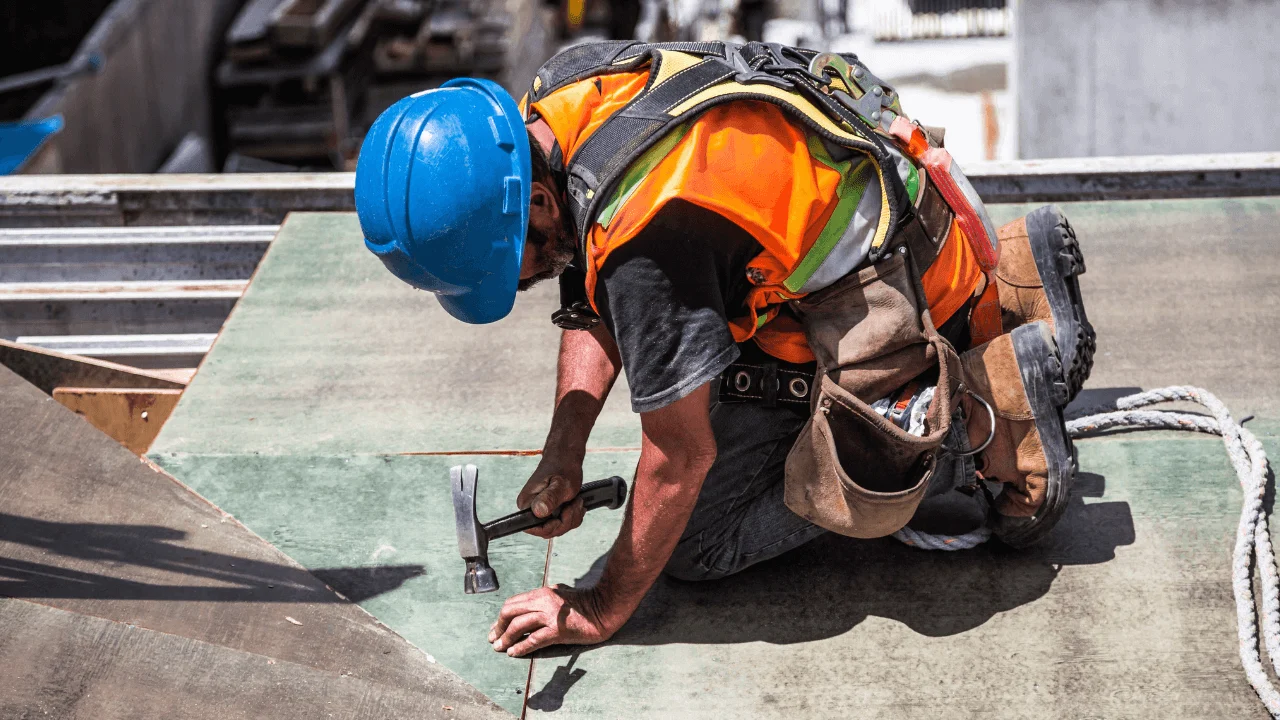
The top 5 things to know about dust disease claims in NSW
Published on February 23, 2024 by Tim Gauci
Dust diseases, sometimes referred to as occupational lung diseases, are a significant health concern in New South Wales (NSW), primarily affecting individuals that are exposed to hazardous dust particles in various workplaces. In this article, we will explore five key things you need to know about dust diseases and dust disease claims in New South Wales.
1. What causes dust diseases?
Dust diseases are chronic lung illnesses and are primarily caused by the inhalation of various types of hazardous dust particles commonly found in many workplaces. The most prevalent causes of these diseases include:
- Asbestos – asbestos exposure is a significant contributor to dust diseases in NSW. Inhalation of asbestos fibres can lead to conditions like mesothelioma, asbestosis and lung cancer.
- Silica dust – silica dust is produced in industries like construction and mining and is present in much manufactured stone. Chronic exposure to silica dust can result in the development of silicosis, a debilitating lung disease where inflammation from inhalation of fine silica dust leads to inflammation and scarring of lung tissue which then affects respiratory function. You can read more about Safe Work Australia’s latest report and recommendation to ban the use of engineered stone as well as the implementation of a special licensing scheme for the handling of existing benchtops here.
- Coal dust – coal workers’ pneumoconiosis, also known as black lung disease, can occur among coal miners due to prolonged exposure to coal dust.
- Other dusts – various other dusts in workplaces, such as metal, wood, and cotton dust, can lead to occupational lung diseases if inhaled consistently over time.
2. How does a dust disease manifest?
The exposure to harmful dust particles over time results in the hardening, thickening, and scarring of the lungs which ultimately impacts proper lung functioning and can lead to premature death. Dust diseases take many years to cause a noticeable deterioration of the lungs and therefore are rarely detected until long after exposure, making them a silent threat for many workers.
Dust diseases are also difficult to detect as their symptoms can resemble other common and less harmful respiratory illnesses with symptoms including:
- shortness of breath or abnormal breathing;
- coughing;
- mucus in the airways;
- fatigue;
- weakness; and
- chest pain.
3. What workplaces are high risk for the development of dust diseases amongst workers?
The harmful dust particles are generally inhaled by people who work in industries which:
- create dust particles when sanding, cutting, or grinding substances which naturally contain silica including rock, sand, clay, and stone; or
- disturb dust particles whilst renovating or demolishing buildings which contain asbestos or are exposed to deteriorating asbestos products.
High risk workplaces therefore include but are not limited to:
- home building sites;
- commercial constructions sites;
- import and waterside precincts;
- logistics and trucking industries;
- excavations and tunnel works; and
- workshops where engineered stone is cut.
4. Who do I claim against?
Your right to compensation depends on the circumstances in which you were exposed to the dust disease. If you were exposed to harmful dust at work in NSW then you have the right to make a claim on the Dust Diseases Authority of NSW (the DDA) which administers the statutory compensation scheme established by the Workers Compensation (Dust Diseases) Act, 1926. Statutory entitlements include weekly payments of compensation, medical treatment expenses, funeral benefits and compensation for dependents.
If you were exposed to harmful dust at work, you can also make a claim for lump sum compensation in negligence against your former employer, the manufacturer of the harmful dust products or the occupier of the site where you were exposed to harmful dust. Claims like these are lodged in the Dust Diseases Tribunal of NSW (DDT). The DDT was established in 1989 specifically to handle claims for compensation by workers who had developed a variety of dust related diseases.
If your exposure to harmful dust occurred outside of work, for example, during the course of a home renovation or undertaking home building work, then you claim against the manufacturer of the harmful dust products you were exposed to through the DDT. There is however no entitlement for you to make a claim on the DDA.
You can read more about the DDA and DDT claims process and specific entitlements here.
5. Can I get a medical examination?
If you have been exposed to hazardous dust during your employment in NSW you can make a request to DDA for a respiratory medical examination to confirm you have a dust disease. A respiratory medical examination has three parts and includes undergoing:
- chest x-rays;
- a lung function test; and
- examination by a doctor.
The results of each medical examination are presented to the Medical Assessment Panel. The Medical Assessment Panel will then determine if you have a dust disease, and whether you have any disablement as a result. If you do not have a dust disease, you can undergo another medical examination after 3 years. If you are found to have a dust disease you will be referred to your doctor to discuss relevant treatment options. It is also important to obtain legal advice from an experienced dust diseases lawyer to assist you navigate a claim.
Dust disease claims in NSW are complex, and understanding the key aspects is essential for those affected. If you or someone you know is suffering from a dust-related disease, seeking legal advice and guidance is crucial to ensure that your rights and entitlements are protected.
Please note that this article does not constitute legal advice. If you are seeking professional advice on any legal matters, you can contact Carroll & O’Dea Lawyers on 1800 059 278 or via our Contact Page and one of our lawyers will be able to assist you. You can also complete our Personal Injury Claim Check here.
